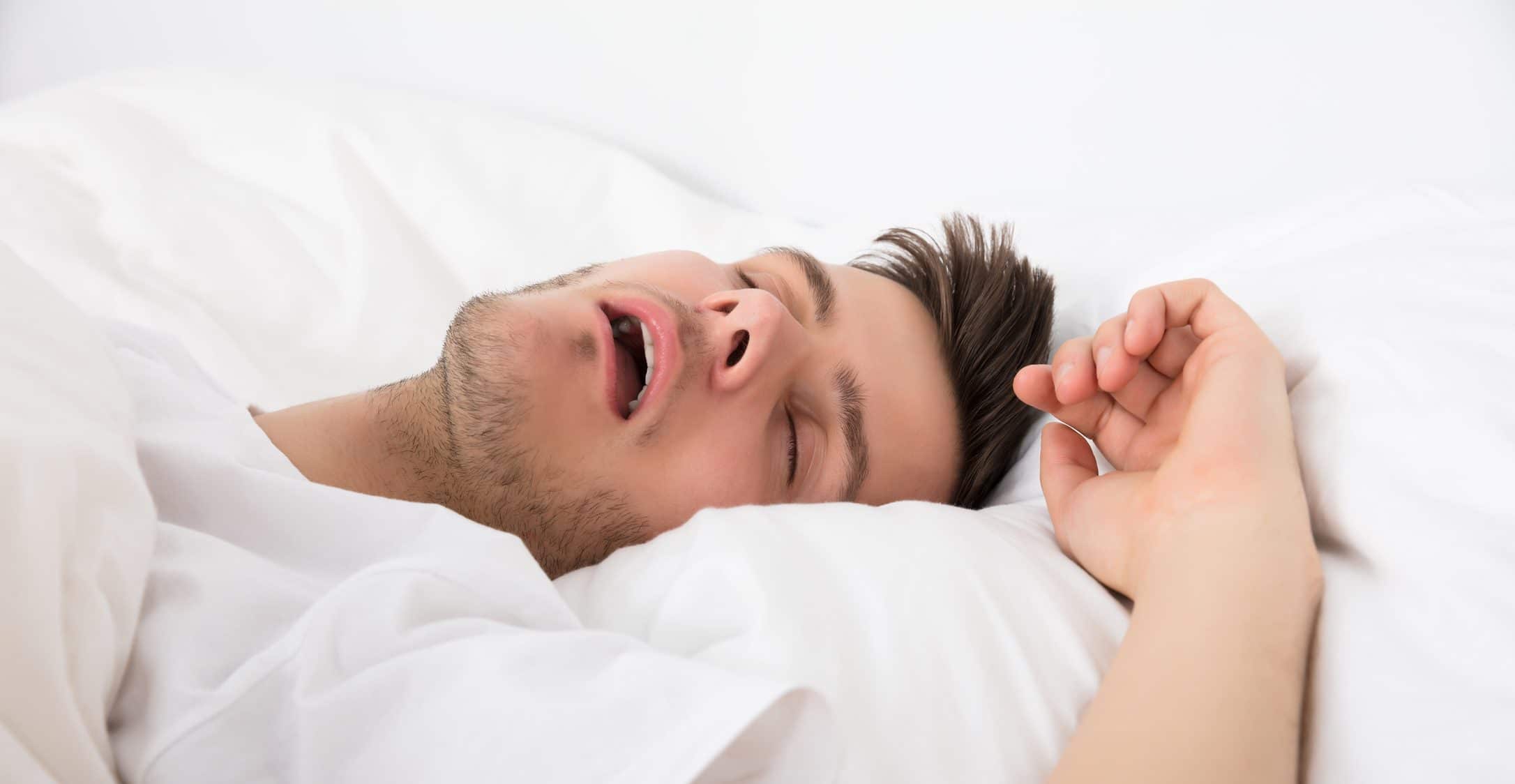THE DIFFERENCES IN THESE COMMON SLEEP ISSUES
Snoring is often one of the first indicators of sleep apnea, but not everyone who snores has
What is snoring?
Snoring occurs when your throat muscles relax, allowing the tissue to weigh on your airway. The tissue causes the airway to become partially closed off, which in turn causes it to vibrate when air passes through. The vibration causes the sound that is identified as snoring. Snoring changes volume depending on many different factors, including body weight, sleeping position, and alcohol consumption. Some people may snore every night, while others snore only occasionally.
What is sleep apnea?
Sleep apnea is similar to snoring, except that the airway becomes completely constricted. As a result, it becomes impossible to breathe. The typical pattern for someone with sleep apnea is to attempt to take a breath, start to struggle to breathe for a few seconds, and then wake up with a loud snore to gasp for air. After waking up and taking a breath, the sufferer falls immediately back to sleep. This cycle can happen hundreds of times every night. The sufferer may not even know that he or she is waking up until a bed partner tells them. They may experience excessive daytime drowsiness but not know that their sleep has been disrupted.
How can I tell the difference?
The only way to know for sure if you are snoring or if you have sleep apnea is to get a definitive diagnosis from your doctor by doing a sleep study. If your sleep partner complains of constant, loud snoring or says that you seem to struggle to breathe when you are sleeping, you could have sleep apnea.
If you constantly feel tired even though you think you get enough rest, sleep apnea could also be to blame. Untreated sleep apnea can increase your risk factors for several conditions, including high blood pressure, heart disease and diabetes. Do not delay in seeking treatment from a sleep specialist.
If you snore, find out the cause with the help of an overnight sleep study in New Jersey at Sleep Dynamics. Schedule a consultation with a sleep medicine specialist today by calling (848) 217-0240.



